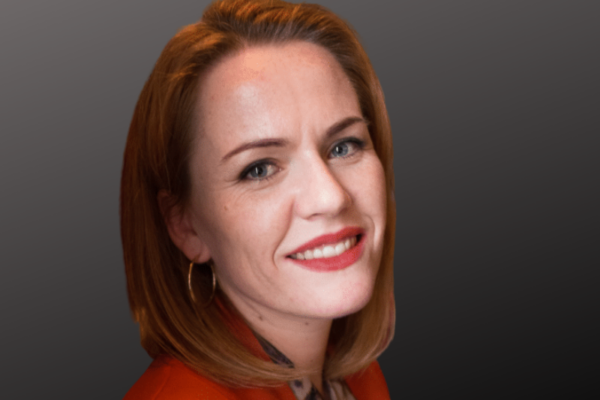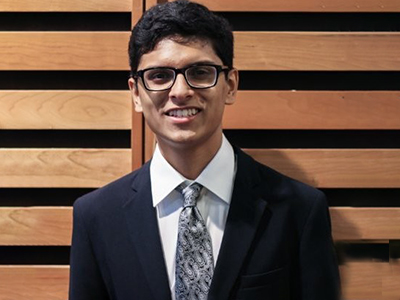Master of Arts in Sustainable Energy
By Liam Vaillancourt

Over the past two centuries, the world has relied heavily on fossil fuels. Although there have been benefits to society, such as the industrial revolution, fossil fuels still account for 80 per cent of energy production overall and are a major contributor to climate change, pollution and deforestation. As these issues have become increasingly pertinent within the last three decades, many countries, including Canada, have adopted net-zero targets to reduce greenhouse gas emissions.
With Canada’s goal of becoming net-zero by 2050, there is no better time to study in Canada’s Capital city at Carleton University in the Master of Arts in Sustainable Energy (MA-SE) program. Join the MA-SE and be part of the crucial role that policymakers and practitioners play both in and outside of government. Learn and work using an interdisciplinary approach. You can expect to dive into everything from engineering considerations and economic implications to social and environmental aspects and the policy tools required to push for change and net zero.
What to Expect
The MA-SE program fosters interdisciplinary skills by combining various tools to assess energy system change including applications of public policy. You will be mentored by passionate professors and have many opportunities to work in the field and hone your skills during your studies.
Take, for example, Sartaj Javed, a student of MASE who currently works in the energy industry as an analyst, assisting in acquisitions and development of green, sustainable energy. Or Natalie Irwin, who has nearly completed her degree while working at Natural Resources Canada (NRCan)’s Office of Energy Efficiency — enabling her to apply insights from the classroom into her work at NRCan. It is opportunities like these combined with the critical and analytical aspects of the program that create great policy thinkers, and there’s no better place to put what you’ve learned into action than the National Capital Region!
Many graduates of the program go on to work as policy analysts for the federal and provincial governments, think tanks and advocacy groups, as well as firms in the private sector, becoming involved directly in the energy transition and related policy areas. We recommend exploring our the MA-SE program page and program handbook for an in-depth view of MA-SE and its affiliate programs.
Apply by February 1 for the Fall 2023 semester!

Liam Vaillancourt is music student at Carleton and an SPPA work-study student. Liam came to Carleton from Algoma University, where he studied music and geography. While at Algoma University, Liam worked in the music department managing social media and events. When he’s not helping out in SPPA or the music program, you can find him practicing guitar or spending time outside exploring nature.
MA-SE Student Experiences

Natalie Irwin: MA in Sustainable Energy
By Emily Fegan Master of Public Policy and Administration (MPPA) student Natalie Irwin is currently completing an MA in Sustainable Energy (Policy) part-time at Carleton …

Sartaj Javed: MA in Sustainable Energy
I was raised in Toronto, Ontario and completed my undergraduate degree of a BA in political Science at Western University. I came to Carleton University …

Andreas Malango: MA Sustainable Energy
The journey I have been on since fleeing my country of origin, the Democratic Republic of Congo, has been an arduous one. Having limited educational …

Afreenish Yusirah: MA Sustainable Energy
I obtained a Bachelor of Science (Honours) in Food Science and Nutrition degree at Carleton University before joining SPPA. During this time, I was heavily …

Silke Popsecu: MA in Sustainable Energy
After I completed my undergraduate degree in Public Affairs and Policy Management (PAPM) at Carleton University, I was unsure of where to go. Though I …